Mental Illnesses and Disorders
https://www.google.com/search?q=mental+illness&rlz=1C1AVFC_enUS869US869&source=lnms&tbm=isch&sa=X&ved=2ahUKEwi5nZOV1tX0AhUCmGoFHf-gB78Q_AUoAnoECAIQBA&biw=1536&bih=754&dpr=1.25&safe=active&ssui=on#imgrc=ZAPwRlNFXT6bPM
December 9, 2021
From what I’ve personally seen, conversations circulating mental health are limited to what people think they know. Usually sticking to the topics of depression and anxiety, because of their ‘commonality’ today have made them a little more widely accepted. I’ve come to realize that in many cases those who have not experienced mental illness know of it to be only part of its truth. That’s not to say that depression looks the same on every person, but it is important to distinguish it from being briefly sad.
No matter where we are today, it would not be abnormal for our peers and even ourselves to be suffering from problems due to poor mental health. Some that we may hear the most are depression, anxiety, and Attention-deficit/hyperactivity disorder (ADHD) even though it’s not technically a mental illness. Today there are many means to help a person deal with these illnesses and disorders such as therapy, prescription medicine, having a good support team of the people you love and trust, as well as many others. Some options may not be affordable or attainable for everyone, so it would be good to have many options to turn to if others fail. There are of course a lot of other mental illnesses and disorders that are equally serious like borderline personality disorder (BPD), Obsessive-Compulsive Disorder (OCD), eating disorders, post-traumatic stress disorder (PTSD), along with many others.
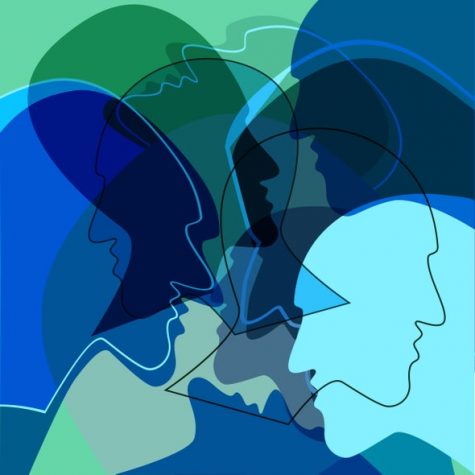
While the recognition of mental illnesses and disorders has grown and improved vastly from where it was twenty or so years ago, there is still so much misinformation to be found. For instance, the internet and media are where we get a majority of our knowledge because it is easy to access, but it is also easy to spread lies. In most cases, misinformation isn’t even intentionally spread, but shared by those intending to do good and educate others. Many people believe depression to be as simple as feeling sad for a time when in reality the feeling of depression can be entirely suffocating. In a lot of cases, those with severe depression have difficulty with basic everyday tasks like brushing their teeth, showering, keeping up with school, and overall taking care of themselves. There are of course much more to depression than the reasons listed. Anxiety is more than just “shyness” as I’ve seen it described before. It is a feeling of dread and uneasiness in sometimes specific situations or in general (it varies from person to person). In some cases, anxiety can lead to a person having a panic attack, which is sudden unreasonable feelings of anxiety that involve physical symptoms like heart racing and hyperventilating. For an eating disorder, some people believe that recovering from one is as easy as eating a cheeseburger when that is hardly the reality. Also, not every single ed (eating disorder) is the deprivation of food, it can also be the overconsumption of it. OCD is often mistaken to be perfectionism, but it is the having of intrusive thoughts which disrupts their daily life.
Mental health is a very serious thing and should be taken very seriously when it comes up in conversation. If someone you are talking to thinks otherly of the topic, then you can correct them where they are wrong. And if you are speaking to a person with a mental illness, know that it is never okay to invalidate their emotions and/or experiences. Mental illness looks different on everyone and that is perfectly okay.

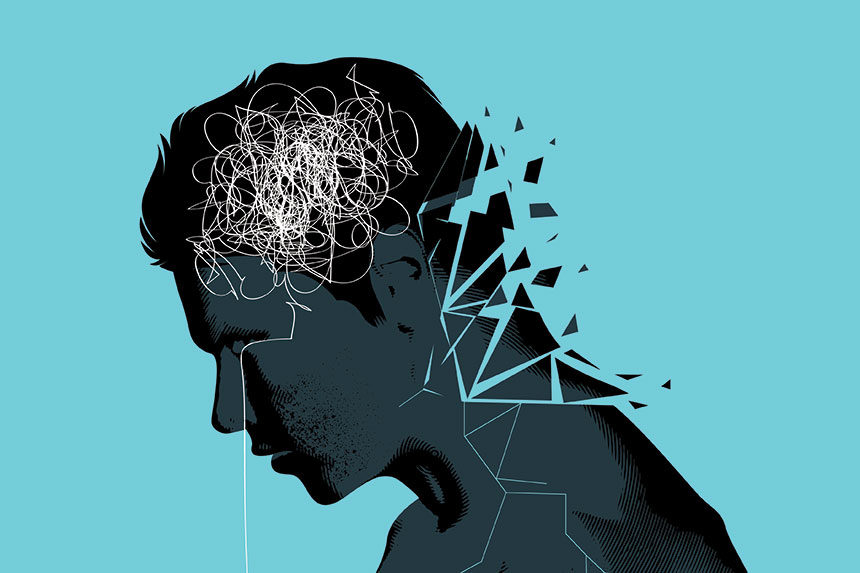


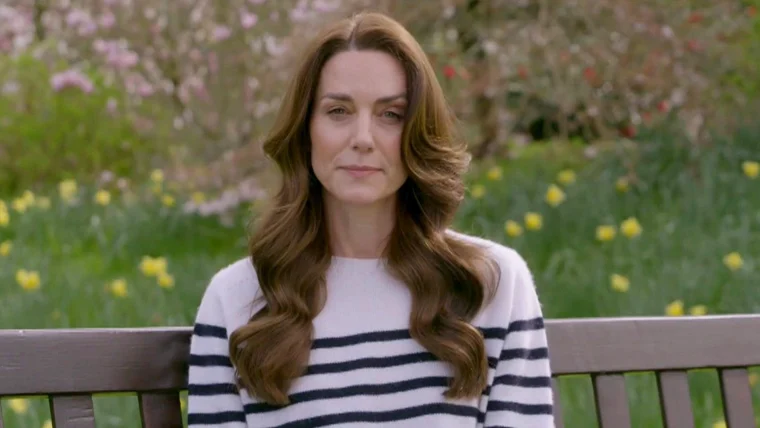


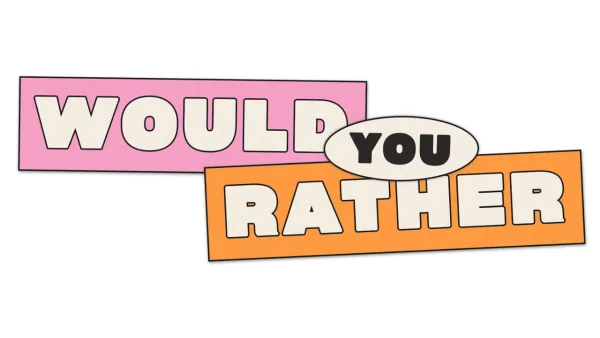



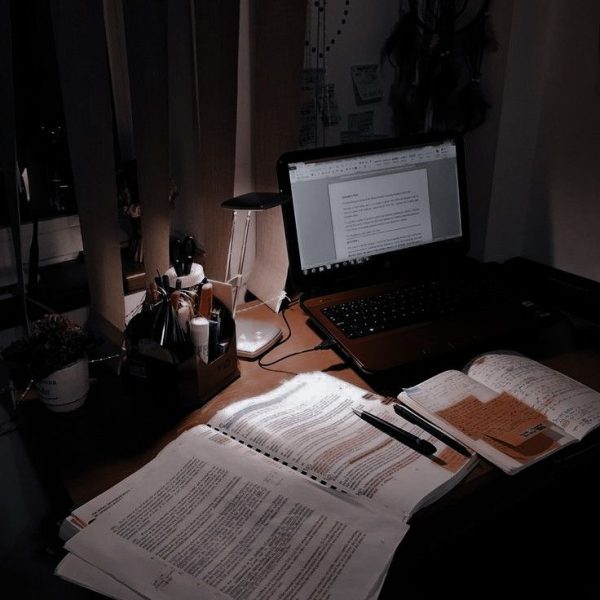


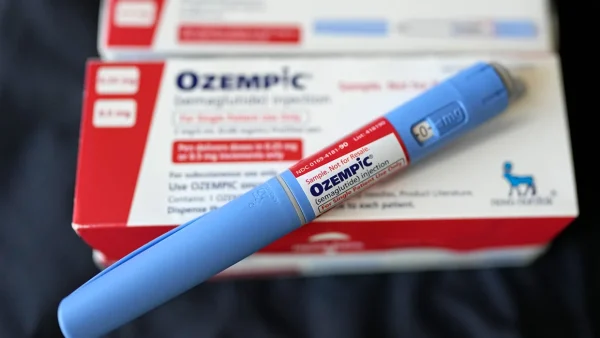

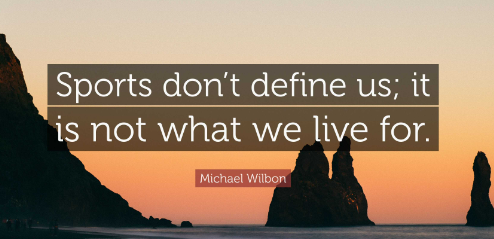

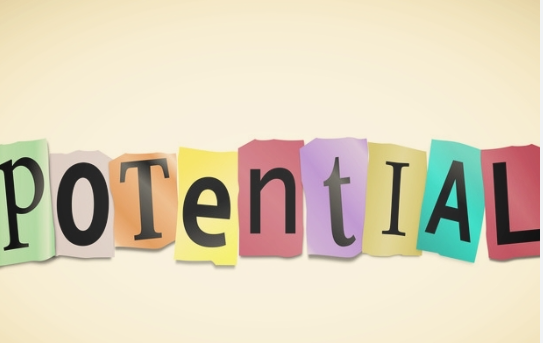

abbie • Dec 13, 2021 at 10:39 am
as someone with ocd and bpd amongst other things, it was awesome to hear someone bring light to these illnesses that are commonly thrown to the side. thank you so much 🙂